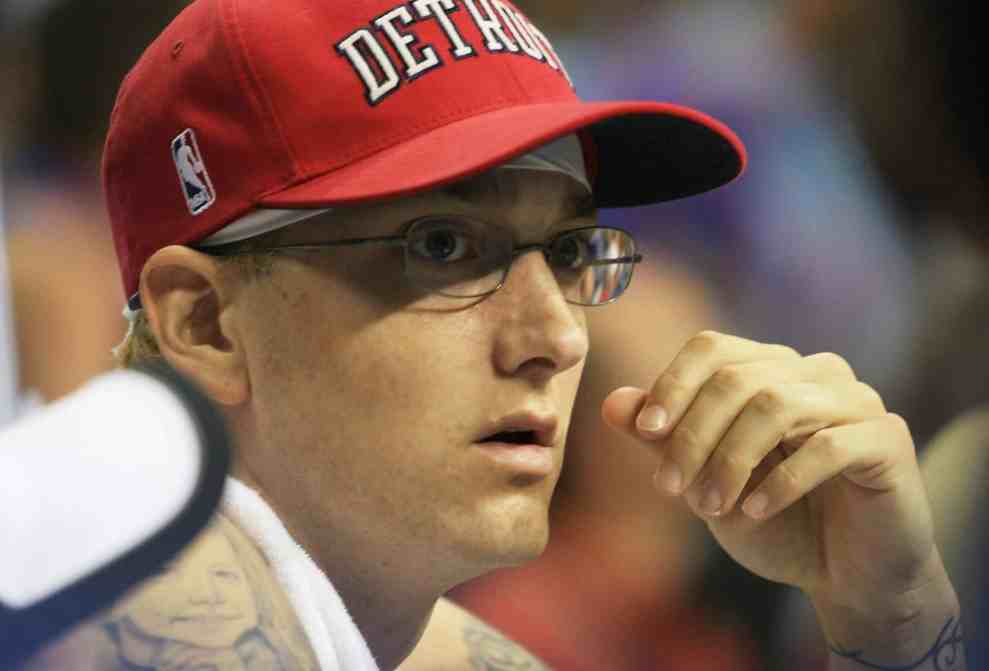Photo Credit: Bill Pugliano/Getty Images
When we think about Eminem we always talk about his superior ability to create stories that speak on behalf of those who often lack a voice. However, what happens when the subject of his stories is beyond his frame of reference? What happens when the most memorable moment from a live performance of your lead single, “Walk on Water,” is mentioning a song you wrote seventeen years ago?
“Bitch I wrote Stan!” Yes, this is true and we are appreciative of this feat, but since “Stan” you wrote “F*CK,” “Cum on Everybody,” and “My First Single,” to name a few. That unsolicited cry to remind the Saturday Night Live audience he is still that artist altered my expectations for his 9th solo studio album, Revival. Just imagine if Jay-Z, a month before releasing 4:44, told a live audience he’s responsible for The Black Album. It just goes without saying. It is old information.
What made us love Eminem was how personal his stories felt. He opened his heart, making it easy for listeners to find commonalities between his personal endeavors and their own hardships. Eminem songs became therapeutic to any teen that felt outcasted by their parents or their community.
A few days ago Eminem dropped the second single from Revival, “Untouchable.”
Eminem’s intent has always been to represent the oppressed and share their misunderstood perspective with the mainstream audience, but it is clear that Eminem has no frame of reference to speak on the plight of the African American. This has never been his story, nor will it ever be.
The song starts with a conversation between an officer and a black man. “Hands up, officer don’t shoot / Then pull your pants up, promise you won’t loot / We may never understand each other, it’s no use,” the dialogue continues, “We ain’t ever gonna grasp what each other goes through,” Eminem calmly says before gunshots ring out and a disjointed blaring guitar riff arises.
On the first verse Eminem raps, “Black boy, black boy, we ain’t gonna lie to you / Black boy, black boy, we don’t like the sight of you / Pull up on the side of you / Window rolled down, ‘profile’ / Then we wonder why we see this side of you / Probably comin’ from the dope house / We could let you slide but your tail light is blew, out.”
When I first listened to it, I had thought I had opened it twice on my computer and separate tabs were playing it a few seconds off each other. The beat never finds its footing and Eminem sounds like he’s squeezing out lyrics to force feed us his message, while abandoning the ability to finesse a beat to enhance lyrical content.
By no means am I challenging Eminem’s loyalty to the African American community, but no one hears you because you can’t be the mouthpiece for this struggle. Inaudibility results from falling short. Your words are more about observations and less about bleeding from within. New artists have risen from hip-hop that can share personal experiences that meet the needs of young people.
When you are not of the skin color you can walk around without feeling ostracized or out of place because you are held to a different standard. You can empathize, but nothing takes the place of living the daily struggle. Eminem can theoretically pick and choose what parts of being African American he can relate to, but he doesn’t know what it is to be African American from dusk till dawn.

